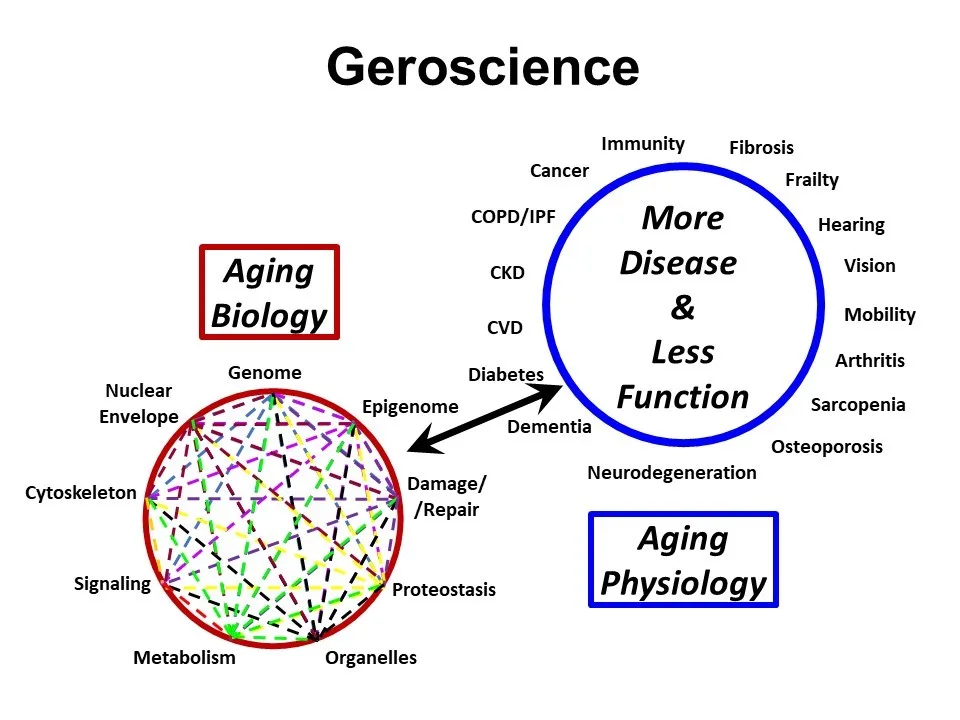A groundbreaking study from Oxford Population Health has revealed that environmental factors, particularly lifestyle choices and living conditions, play a more significant role in health outcomes and premature mortality than genetic predisposition.
Key Findings
- Environmental Impact: Environmental factors explained 17% of death risk variation, while genetic predisposition accounted for less than 2%.
- Critical Factors: The study identified smoking, socioeconomic status, physical activity, and living conditions as the most influential elements affecting mortality and biological aging.
- Disease Associations:
- Smoking linked to 21 diseases
- Socioeconomic factors associated with 19 diseases
- Physical activity connected to 17 diseases
- Early Life Influence: Childhood factors, such as body weight at age 10 and maternal smoking during pregnancy, showed long-lasting effects on aging and mortality risk 30-80 years later.
- Cumulative Effect: While individual exposures may have small impacts, their combined influence over a lifetime significantly contributes to premature mortality risk.
Implications for Public Health
Professor Cornelia van Duijn, the study’s senior author, emphasized the profound health impact of modifiable exposures. These findings highlight opportunities for both individual action and policy interventions to improve socioeconomic conditions, reduce smoking, and promote physical activity.
This research underscores the importance of addressing environmental and lifestyle factors to enhance public health and longevity, potentially shifting focus from genetic determinism to more actionable areas of health improvement
Takeaway
Well of course smoking plays a critical part in determining how long you’ll live. But, how many of us know or have heard of people who smoke and live into their 90’s. How can that possibly not be genetics? Yeah, maybe they could have lived into their 100’s had they not smoked, but that’s missing the point. Genetics definitely has “something” to do with longevity. But maybe more so a hundred years ago. When everyone ate and lived more healthfully. In today’s modern society, with it’s modern food and technology, it appears genetics is now taking a back seat.
Source:
Environmental factors, lifestyle choices have greater impact on health than genes, study finds
Lifestyle and environmental factors affect health and ageing more than our genes











